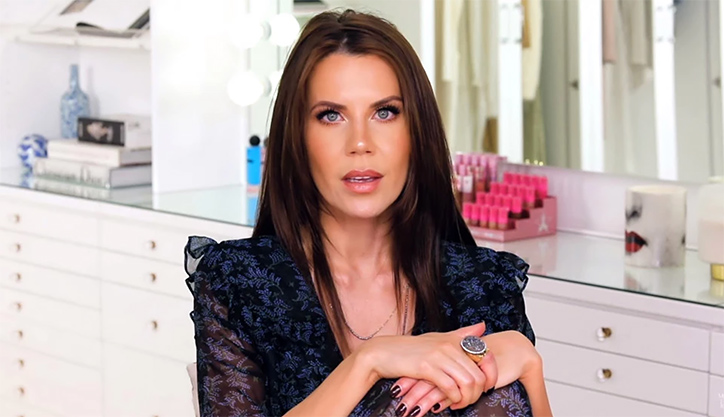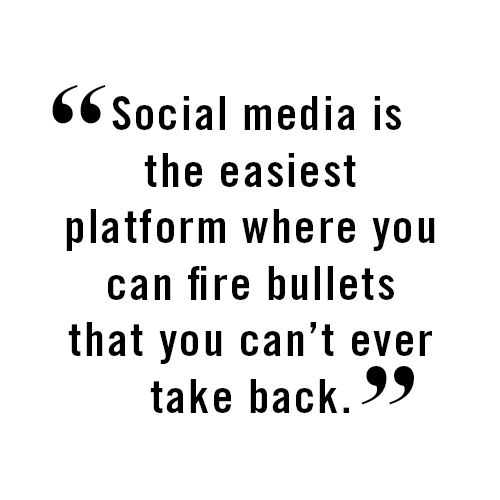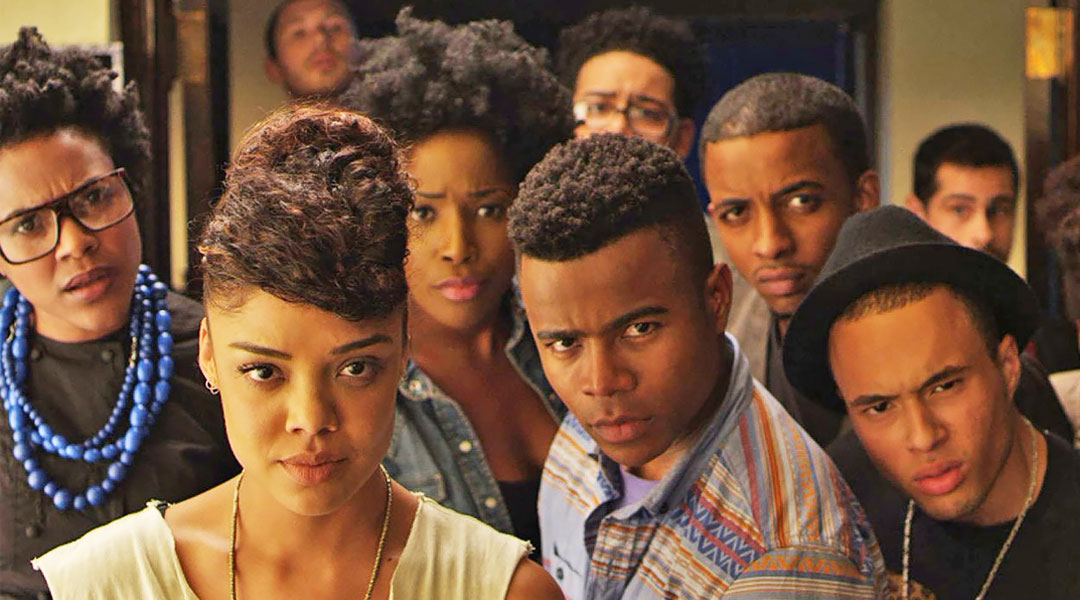Call-out and cancel culture are taking over social media but should you do it too?
Ah, social media—the wondrous world of brand new discoveries, freedom of speech, and quick information dissemination. A blessing to humankind indeed. Blossoming from its roots are many cultures built by the new generation of social media users and some of which are the call-out and cancel culture. We all felt like calling someone out for something they’ve done but is it the right way to do it? In this episode of Social Media Woes, let’s talk about the difference of calling out and calling in, and which of these methods should you use to a friend whose behavior tests your patience.
RELATED: Shay Mitchell on Managing Toxic Friendships and Using Social Media Responsibly
Cancel Culture

It’s very easy to “cancel” someone in social media. It’s simple. Simply log in your social media account and tweet or post the name of the person you’re canceling and add the words “is canceled” right after. To cancel someone does serve a purpose for the betterment of our social media landscape: the loss of social integrity of any person canceled who don’t deserve the influence they have in the first place. Yet it keeps the person canceled from changing. Apologies? We don’t know her—unless you’ve proven yourself deserving of the rare opportunity to turn the table around. Here’s a prime example: everyone was quick to their feet in canceling Johnny Depp when Amber Heard filed for divorce on grounds of domestic abuse but soon as Depp and his lawyers came up with a truckload of evidence against Heard, the internet easily turned things around and now Heard is canceled, Depp isn’t.
What makes cancel culture vital to this lies on the choice you’re about to make if you’re about to call someone in or out for something they’ve done. Calling out means publicly addressing an issue—a rampant act in social media while calling in is doing it as privately as possible. There are pros and cons in doing either so take your time in assessing the situation before acting upon it.
Who’s Affected By This?
Hold your horses—before you reply Facebook’s question “What’s on your mind?” or Twitter’s “What’s happening?” ask yourself this quick question: who’s going to benefit in this call out you’re about to do? There are a lot of reasons you’re doing this but doing it publicly may not be the way to solve it—not yet.
If it only benefits yourself, there really isn’t any point in doing this. It’s only going to cause a stir of unnecessary drama in your timeline and will inevitably involve other people siding you or arguing with you. We don’t need that kind of negativity in our lives. If the problem is within your group of friends or your family, calling someone out may only seem like an episode of Keeping Up With The Kardashians: Facebook Edition. Onlookers only often make it harder for you to heal or for the other person to actually admit to their mistakes and make room for change. But does it concern a whole race, minorities, a community you care for, or any group of people who have collectively been victimized by this person, incident, or any other entity? If yes, then calling out may be the only way—not to stir up drama but keep in mind that you’re doing this to inform people of what’s happening and how to keep their selves from being victimized by such behaviors as well.
Have You Tried Calling Them In?
If you’re familiar with the social media drama in the international beauty scene, you’d know the Tati Westbrook and James Charles drama. You would have seen the 40-minute video of Tati calling James out for many of his offensive behaviors—from alleged sexual harassment to heterosexual men to the betrayal of trust of one friend to another, it’s packed with more drama than an episode of KUWTK. With this, you would have also learned that Tati and many of James’ friends have already tried many times calling him in for what these people find problematic in his actions and behavior. The last string must have only been pulled when James outright betrayed Tati for Coachella tickets. Oh, the things a ticket to a music festival int he dessert can do!

This situation has taught a lot of people lessons and one of those is attempting to call someone in first before going public with it. There are a lot of arguments that pose calling someone in has better and more productive results than calling out. It can be with the mortifying effects of calling them out. Humiliation can make that person take a step back and go into hiding instead of facing the issue head-on with an apology and action to, if not correct the mistakes made, show that they’re on the path towards positive change. Try and try again even if it doesn’t succeed the first time. To be a good friend, family, or a person who cares about the other would require patience and utmost understanding. Remember that calling someone out isn’t just about you. It can’t be stressed enough that this also affects the people surrounding you and the person you’re calling out including their family and friends.
Can You Handle Its Consequences?
Do you have a plan or are you just going to post a word vomit that’s made out of anger and personal grudges? If you’re unable to put yourself in the shoes of the other person, think of yourself. This too can affect you negatively. We often act on our emotions and the quickest way for us to let off some steam is by ranting online, ultimately spilling some things we never really meant in the first place. Ask yourself questions before posting. Is this what you need to get your message across or is there another way to do it without having to involve the people around me? Will this inspire marginalized, oppressed, or silenced communities and voices to speak up and stand up for their own rights as you do with your own? Will this cause any harm to you, your friends and family, to the people involved, and communities it may affect? Will it inspire a positive change or only attract hate and contribute to the incessant noise of the internet’s insatiable thirst for drama?

Calling out has served great purposes in social landscapes. Among all the good consequential movements that sprout from call-out culture was #MeToo. This movement has given women the social power to condemn their harassers but this didn’t come without repercussions. A lot of abusers have also fallen victim to false claims. To call someone out, there are three people you would have to consider: yourself, the person you’re calling out, and of course the people who are going to see your message. While calling someone out always have a tinge of vindication or personal grudges involved, to think twice or thrice before you hit “post” or “tweet” will always be best.
Social media poses a lot of danger, maybe much more than it helps us communicate with our friends and family. It’s the easiest platform where you can fire bullets that you can’t ever take back. What goes on the internet stays on the internet. Leaving a false or negative footprint on social media may only bring you negativity in the future so ask yourself these questions before acting upon your frustrations.










